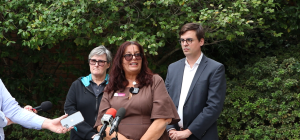The Western Australian Council of Social Service has welcomed measures in this year’s state budget to address rising cost of living pressures, expand family and domestic violence support, provide essential services in remote Aboriginal communities, and invest in early intervention and prevention programs for at-risk youth.
The Premier rightly identified cost of living pressures as the major issue for Western Australian households, however, the impact of the rising cost of essential goods and services varies greatly across our community, with a growing number of WA households really struggling to get by.
WACOSS CEO Louise Giolitto said stretched community services continue to call for more to support frontline services and help those WA families who have fallen below the poverty line.
“With petrol prices back above $2 a litre, interest rates rising and wages going backwards in real terms, WA families have never had it so tough,” Ms Giolitto said.
“While the $400 Household Electricity Credit will help ease the pain on power bills for all Western Australians, we believe there should also be more help targeted to those on lower incomes who are doing it toughest.
“The $455m invested in the electricity credit has the benefit of assisting low-income working families, who otherwise miss out on state concessions. Community services are encouraging those wealthier households who don’t need help to make a matching donation to a local charity providing relief to those living in poverty.
“We are really pleased to see some much-needed investment in housing and homeless measures. This includes $350m for remote housing construction, refurbishment and essential services in Aboriginal communities, new mid-range inner-city Keystart packages, and tax incentives for build-to-rent developments to increase overall rental supply in the medium term.
“This budget makes a significant investment into evidence-based programs that support vulnerable people in the community.
“It is welcome to see the WA Government investing in critical early intervention measures that will support children to remain safely at home, including the $23.9 million extra funding to expand successful programs like the Early Intervention and Family Support strategy.
“The extra $18.6m uplift to existing out-of-home care services within the community to ensure they deliver the best possible care is also welcomed.
“Ensuring that women, children and young people who are survivors of family violence have access to a safe space in their community for shelter and support will be supported through the opening of a third FDV hub in Armadale, and plans for a fourth hub in the Kimberley.
“Additional resources are still needed to ensure that existing FDV services can continue at the same level while the service system is being reformed. There is a very real risk that some organisations may have to cut some services despite growing demand.
“We are pleased to see continued investment from the McGowan Government in new youth justice initiatives. The $11.1m expansion of the Target 120 program across Regional WA shows that this Government is committed to funding evidence-based early intervention and prevention programs to keep young people out of our justice system.
“The commitment to build an on-country residential centre for young offenders in the Kimberley will make a massive difference for young people who get caught up in the justice system and hopefully help to break that cycle for many.
“Although we are now well and truly down the path towards living with COVID-19, it is encouraging to see the McGowan Government future-proofing against further outbreaks, by setting aside $1.6 billion to improve health and monitoring systems, as well as securing more Rapid Antigen Tests and Personal Protective Equipment.
“Additional investments are needed that respond to the disproportionate social and economic impacts of COVID-19 on women and young people, through targeted measures that address women’s economic security and young people’s material and emotional wellbeing. As we work through the detail, we hope a portion of these resources will go to community organisations who are financially stretched and continue to provide supports to the most vulnerable in our communities.
“While the 2022-23 State Budget continues the McGowan Government’s strong record of investment in early intervention and prevention measures and provides some relief to WA households through the electricity credit, it falls short in providing targeted relief to lower income people and those who have been doing it toughest over the last two years of the pandemic.
“We look forward to working with the government as we continue to recover from the pandemic and ensure that the most vulnerable in our community are not left behind.”
Media Contact
Tim Oliver (WACOSS) – 0431 9696 25




